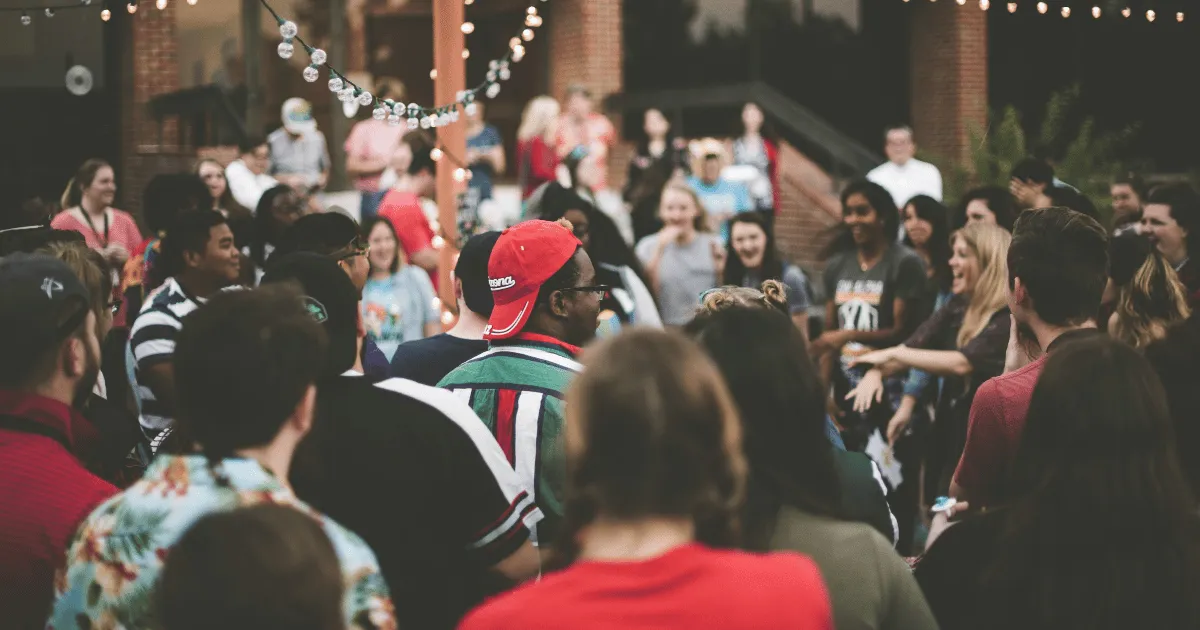
“Disability Justice is simply another term for Love” - Mia Mingus, Access is Love
Dear Resister,
Here at Resist, we intimately understand the impact that movements for justice and liberation have on our communities. They connect us, they grow us, they help us move closer to love, liberation, and the world we deserve.
I grew up in said movements. Youth justice movements, anti-violence movements, and movements for Black lives. When I learned I would become a mother, I daydreamed about raising a tiny revolutionary that would spend their free time with me at community meetings and would grow up to be in service of his community.
Shortly after my son Zaire turned two, he was diagnosed with Autism Spectrum Disorder. Among the hundreds of thoughts that came to my mind in that moment was the realization that the movement spaces I have dedicated my life to, and the communities I wanted my child to be a part of, might not be accessible to people like him, who are neurodivergent. Since my activism doesn’t end where my identities do, I leaned into community.
I quickly learned that, because movements are love and access is love, there are already people doing the necessary work of ensuring that movements are for everyone.
The disability justice movement is growing and because of it, organizations and groups all over the country are using Resist’s accessibility grant to make their work more accessible. In just two years we’ve awarded thirty-two accessibility grants to grassroots groups across the country. This month we’re celebrating #AccessibilityAugust and giving you a front-row seat to witness the power of access.
Below are some Resist grantees that are showing love by making their work accessible.

The Outlaw Project, founded by people with disabilities and issues of access are central to their approach to sex worker rights. The accessibility needs they address concern dismantling the able-ist hegemony in current approaches to sex worker rights to ensure that access for all is at the center and not an afterthought. The Outlaw Project used Resist’s accessibility funding to research, summarize, connect to and, honor past and current efforts to address able-ism in sex worker rights organizing to build an online resource page.

The Health Justice Commons believes that true health is rooted in justice and envisions a world grounded in universal accessibility. They strive to make their organization a model for this by making all their programmatic offerings accessible. Resist’s accessibility funding was used for ASL interpretation during in-person workshops, live closed captioning for online courses, a high quality air purifier designed to filter dangerous particulates and VOC’s and a transportable wheelchair ramp.

Manidoo Ogitigaan, located in Bemidji, Minnesota, serves rural Native American community members throughout the region. Working mostly with community members at White Earth, Leech Lake, Red Lake, and Turtle Mountain North Dakota. Accessibility is a challenge for them and their communities. Many of their community members live in poverty or do not have transportation. They used Resist’s accessibility funding to provide transportation to indigenous members fighting against Sulfide Mining.
Follow us on Facebook and Instagram for more #AccessibilityAugust content.
In Spirit,
Kendra Hicks
Co-director, Resist


